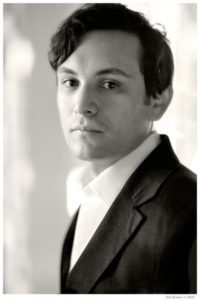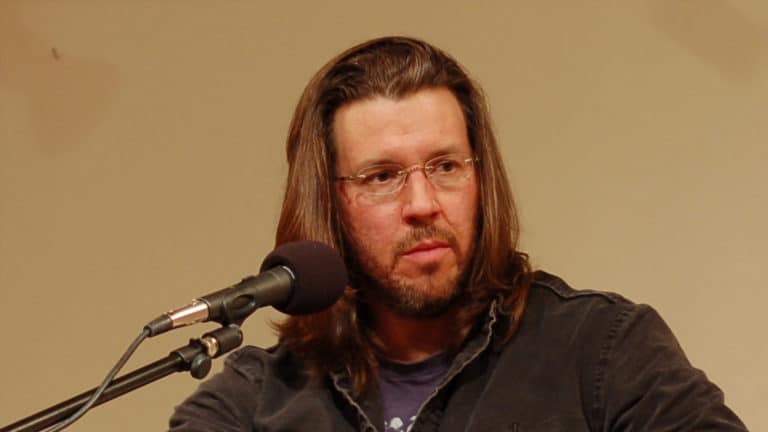For an author’s first book, I would suggest adhering to a basic plot structure, then deviating where and if it feels right. For example, a character’s life in its entirety, from birth to death, doesn’t matter. A novel is about a very specific time in history or in the history of a character. This is what happened at this point. You need only go back and visit the character’s childhood in the book if there is some vital clue to something that is happening in the present. Often there will be, as childhood is full of clues.
So that’s it then. Plot is all the things that have happened in a place or to a person, or to people over a certain period of time. Digression will weaken your plot and the reader may lose interest.
How should an author arrange these events? Chapters. Imagine a string of pearls. Each chapter is an event that drives the narrative forward to the next event in the next chapter. Each chapter is a pearl, and the string of pearls is the novel. You don’t have to have physical chapters if you don’t want to, so long as you get the idea of key episodes that link up to form a narrative.
If you take away a pearl (event or chapter) the novel should fall apart. If it doesn’t, then you know—that chapter is unnecessary and can be cut. Now that you know this, you can write out on cards the main action of each chapter. That should give you an anchor when editing each episode. If you’re ambitious, you might even choose to write one chapter a month (say 20/30 pages each), and then in one year you would have a first draft. Then a finished manuscript in about 18 months. My advice is not to rush things, or foster a mind of urgency. Work consistently, but don’t hurry…





















